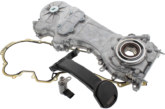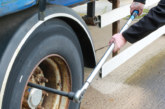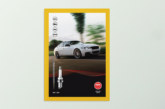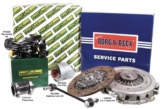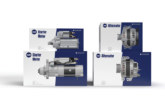Morris Lubricants launches antifreeze coolant range
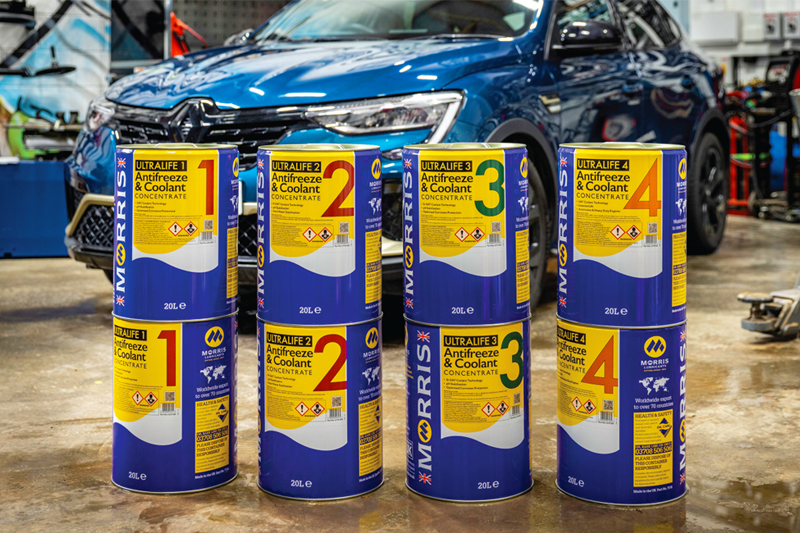
As Morris Lubricants unveils a new portfolio to the industry, its technology manager, Adrian Hill, explains the logic behind the creation and the variants now on offer, including its latest antifreeze coolant range.
The developments in petrol, diesel and hybrid engine designs, across a multitude of market sectors, has meant that engine oil formulations have had to follow. As new engine oils have been used to keep these low emission engines efficient, technicians, maintenance engineers and end-users may have overlooked the equal importance of antifreeze coolants.
These often-forgotten products, just as engine oils do, need to meet the correct manufacturer specifications to get the optimum performance out of the vehicle.
All-year-round protection
Antifreeze coolants are essential fluids for all-year-round protection of the engine, and they have to accomplish many things: they need to keep the engine working at the optimum temperature by controlling heat, but also stop the water in the antifreeze coolant from freezing at low temperatures which can cause damage. Modern engines are made from a multitude of metals and alloys, and it is essential that rusting and corrosion are controlled. Whilst performing this task, the antifreeze coolant must also be compatible with sealants, gaskets, elastomers and hoses.
Antifreeze coolants are often sold as a concentrate and are diluted with water before use. Compatibility with hard water is, therefore, a must to stop ‘furring up’ of the radiator and coolant system, as well as being inert to flux residues left over from the construction of aluminium radiators. Ideally demineralised or distilled water should be used when diluting antifreeze coolants.
Up until recently, the antifreeze coolant market has been dominated by traditional blue two-year antifreezes using older inorganic chemistry and five-year red antifreezes that employ newer Organic Acid Technology (OAT). These older products have now fallen into the commodities bracket, as the OEM and global qualifications that these products meet are limited and may even be outdated. Engine designers are now not only specifying increasingly tailored engine oil formulations but are extending their demands to antifreeze coolant formulations.
Products specifications and requirements
To accommodate these new requirements, Morris Lubricants has released a new range of antifreeze coolants. These have been formulated to offer refined levels of protection to engines employed across a range of market sectors, including passenger car, LCVs and heavy-duty diesel CVs. The Ultralife antifreeze coolant range covers 169 different engine specifications. This means workshops can have confidence that they are selecting and using the correct antifreeze coolant.
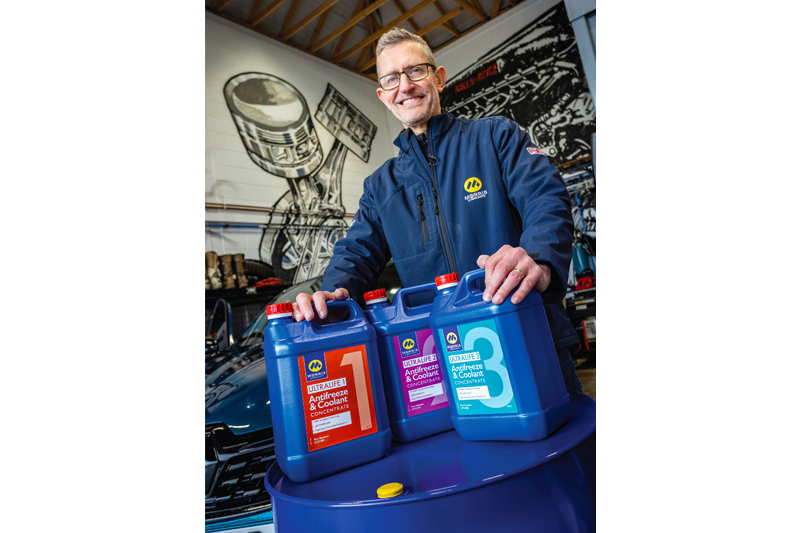
Ultralife 1
This product is an OAT based antifreeze coolant that is qualified for use in a wide range of vehicles across a variety of markets, including CV and passenger car. This antifreeze coolant provides high levels of rust and corrosion protection.
Ultralife 2
This is a silicate-free OAT antifreeze coolant, that has been formulated primarily around the demands of Japanese, Korean and European car manufacturers where seal and gasket compatibility are essential to prevent the likelihood of deterioration and leaks. This antifreeze coolant contains phosphate technology for effective pH control and enhanced corrosion protection.
Ultralife 3
This antifreeze coolant has been developed in line with German OEM requirements, with a silicate inhibitor for advanced aluminium protection and phosphate to buffer the pH and keep the product slightly alkaline. This OAT antifreeze coolant covers engines used in the CV, off-highway and passenger car markets.
Ultralife 4
As a robust and versatile antifreeze coolant spanning multiple vehicle sectors, this product has long established credentials due to its tried and tested OAT inhibitor chemistry. It is ideal for mixed vehicles fleets employing a range of OEMs and equipment types.



